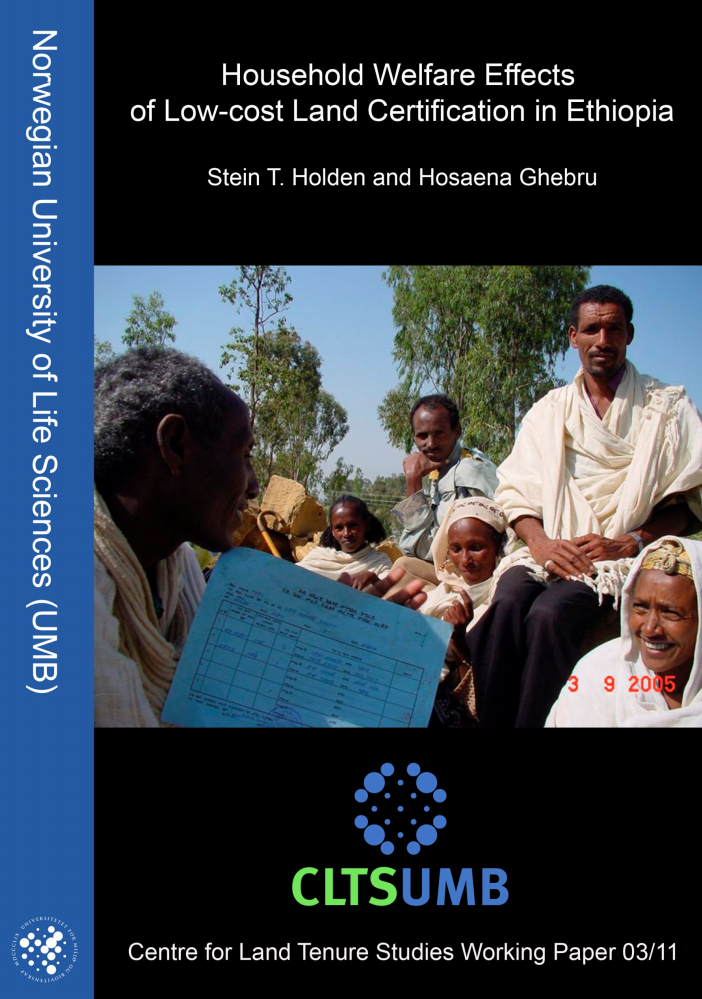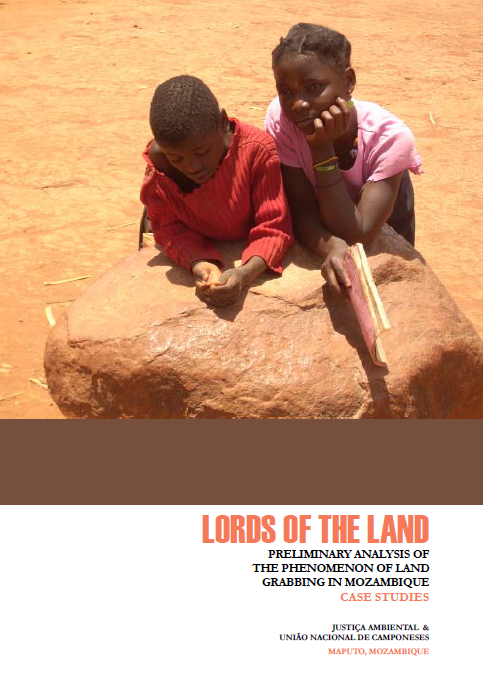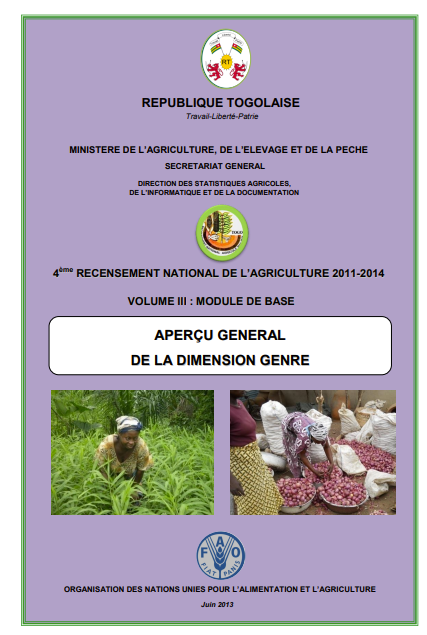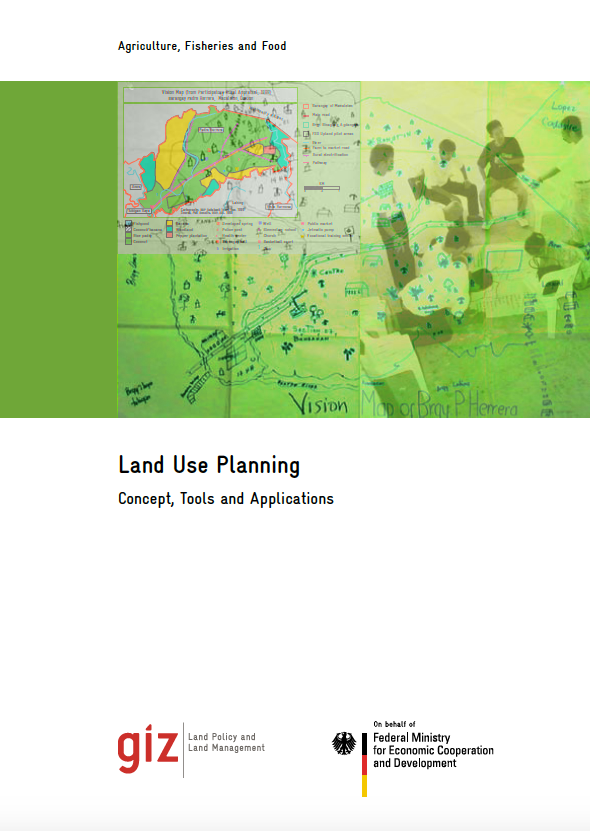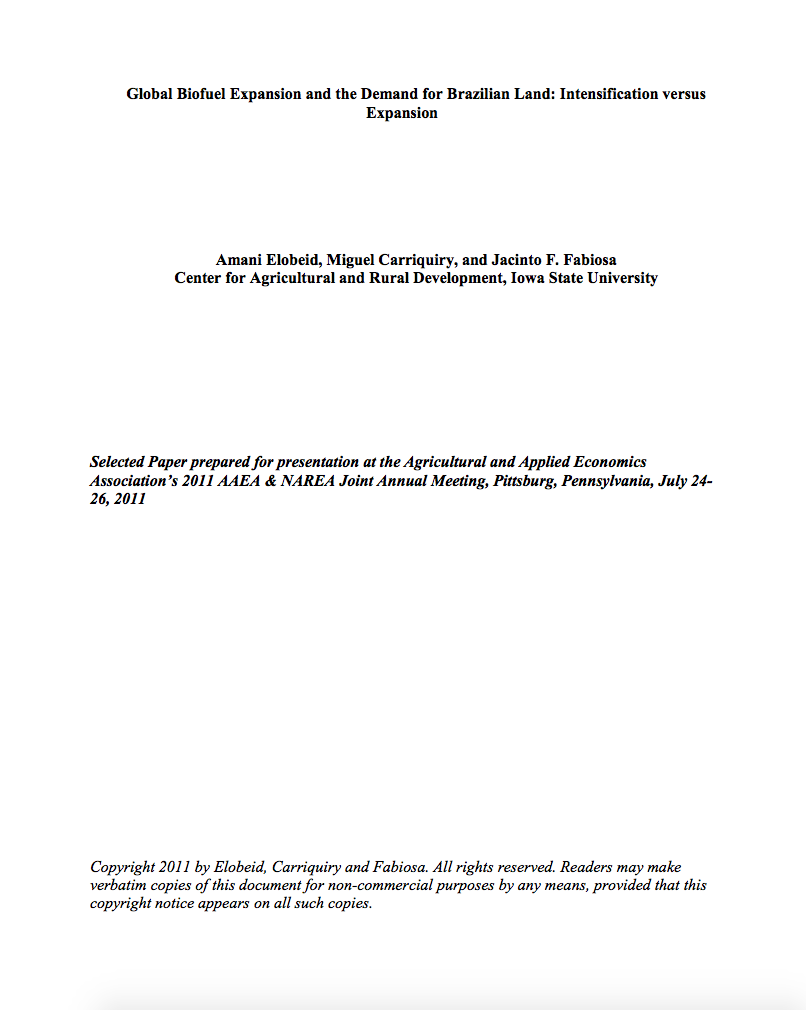Carbon labels - pitfalls for developing countries?
Carbon labels for food are a new strategy of industrialised countries to reduce climate change-relevant gas emissions in agriculture. However, not every label includes the measurement of all emissions and may disadvantage and even exclude exporting farmers from developing countries. Policy-makers should reconsider this approach or at least focus on fair and non-discriminatory labels.


